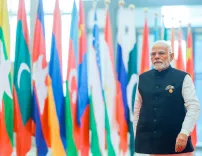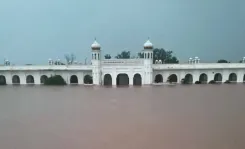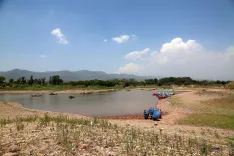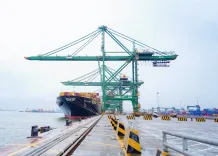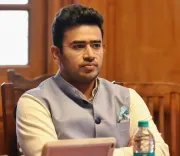Why Did Russia Expel Estonia's Diplomat?
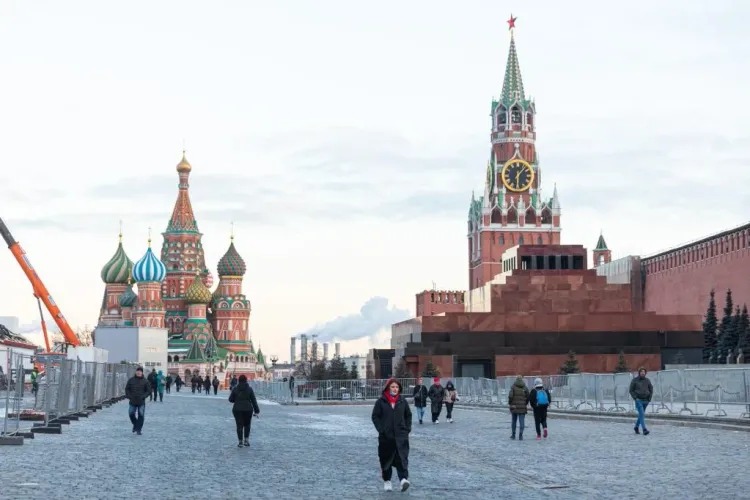
Synopsis
Key Takeaways
- Russia expelled an Estonian diplomat in retaliation for Estonia's prior actions.
- The term 'persona non grata' signifies a diplomat's expulsion without justification.
- Estonia's Foreign Minister emphasized the need to end Russian interference in domestic affairs.
- Sanctions against Russia have been a significant factor in diplomatic tensions.
- Geopolitical implications of these actions could affect regional stability.
Moscow, Sep 4 (NationPress) On Thursday, Russia summoned Estonia's Charge d'Affaires in Moscow, Marek Uhtegi, to the Ministry of Foreign Affairs, where it was announced that a diplomatic staff member from Estonia would be expelled in retaliation.
The Russian Foreign Ministry issued a statement expressing strong protest to the head of the Estonian diplomatic mission regarding the declaration of a Russian diplomat in Tallinn as "persona non grata" without justification.
According to the statement, "On September 4, the Charge d'Affaires of Estonia in Russia, M. Juhtegi, was summoned to the Russian Ministry of Foreign Affairs. A strong protest has been expressed in connection with the declaration on August 13 of a diplomat from the Russian Embassy in Tallinn as ‘persona non grata’ without any grounds."
As a reaction based on the principle of reciprocity, Russia announced that an Estonian diplomatic representative in Moscow would be expelled. The Russian side also warned that any hostile actions from Tallinn would not go unanswered.
This decision followed Estonia's Foreign Ministry announcement on August 13, which stated that it was expelling a Russian diplomat due to interference in domestic matters and several violations related to sanctions.
Estonia declared that the First Secretary of the Russian Embassy in Tallinn was deemed "persona non grata" and was required to leave the country. The name of the diplomat was not disclosed, according to Euro News.
Estonia's Foreign Minister, Margus Tsahkna, commented, "The diplomat in question has been directly involved in undermining Estonia's constitutional order, as well as dividing Estonian society."
Tsahkna further noted that the Russian diplomat had been implicated in crimes against the state, including various sanctions violations. Specific details regarding these violations were not provided, but it is noteworthy that Western nations have imposed several sanctions against Russia since the conflict in Ukraine began in 2022.
The ministry also indicated that an Estonian individual had been convicted in connection with these offenses. Tsahkna emphasized, "The Russian embassy's ongoing interference in Estonia's internal affairs must cease," asserting that the expulsion of the diplomat highlights Estonia's determination to prevent any orchestrated actions by foreign states on its territory.

